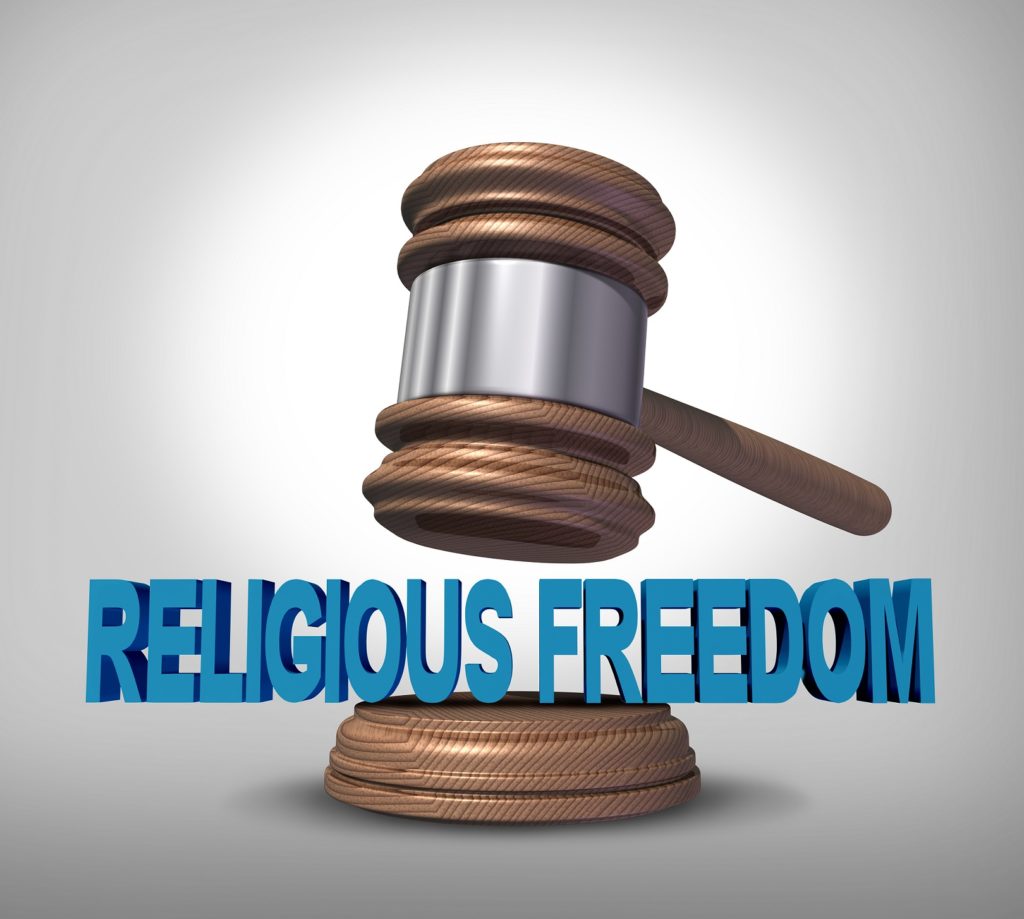Several statements in the opening of the Declaration of Independence are settled matters. The issues are resolved. They are final.
If those key issues are not final but are instead malleable or alterable or subject to revocation the consequences will be horrible.
A speech by Pres. Calvin Coolidge explained this idea back in the 1920s. Let’s expand the concept of those ideas being resolved issues.
Please consider President Calvin Coolidge’s Speech on the 150th Anniversary of the Declaration of Independence on July 5, 1926.
He lists the three resolved issues:
“Three very definite propositions were set out in its (the Declaration of Independence) preamble regarding the nature of mankind and therefore of government. These were the doctrine that
all men are created equal,
that they are endowed with certain inalienable rights, and that
therefore the source of the just powers of government must be derived from the consent of the governed.” (emphasis added)
He explained these issues are settled, resolved, final.
We can expand on those ideas. We need to bring them into further fruition. We can dive deeper into their meaning.
Setting them aside or replacing them means we go backwards. Declaring they are no longer true is regression to the ancient past.
More eloquently than I could ever describe, the president said:
“About the Declaration there is a finality that is exceedingly restful. It is often asserted that the world has made a great deal of progress since 1776, that we have had new thoughts and new experiences which have given us a great advance over the people of that day, and that we may therefore very well discard their conclusions for something more modern. But that reasoning can not be applied to this great charter. If all men are created equal, that is final. If they are endowed with inalienable rights, that is final. If governments derive their just powers from the consent of the governed, that is final. No advance, no progress can be made beyond these propositions. If anyone wishes to deny their truth or their soundness, the only direction in which he can proceed historically is not forward, but backward toward the time when there was no equality, no rights of the individual, no rule of the people. Those who wish to proceed in that direction can not lay claim to progress. They are reactionary. Their ideas are not more modern, but more ancient, than those of the Revolutionary fathers.”
Expanding those foundational concepts
(more…)






